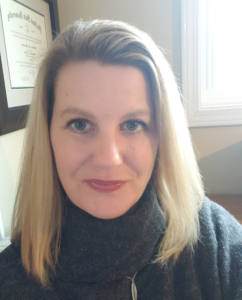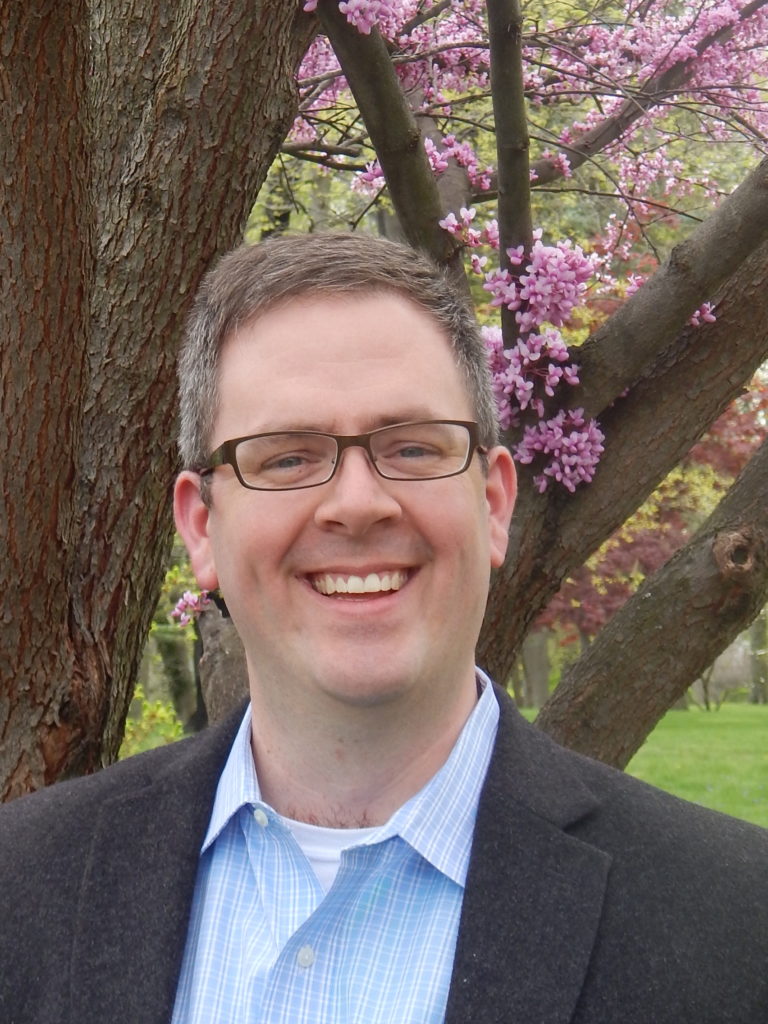How do we incorporate scholarship on early America, both old and new, into our teaching–whether that teaching happens in a K-12 classroom, on a university campus, or at a museum? In this every-other-monthly reading group, we will come together to think collaboratively about how to engage with audiences from a broad spectrum and in a wide variety of contexts.
“Reading for Teaching” will explore a wide variety of scholarly texts as possible frameworks for lectures, discussions, and other methods of approaching Vast Early America with different audiences. Each meeting will focus on a single book to be read by all and participants will be encouraged to share their expertise and experience communicating history in different venues.
The group will meet on the last Thursday of every other month. Hosted by Melissa Johnson, each session will include a guest who brings expertise in the subject area.
To APPLY: email an abbreviated c.v. to oievents@wm.edu by June 15, 2021.
Our first meeting is scheduled for July 23, 5:00 pm EDT, and will explore Indigenous Prosperity and American Conquest: Indian Women of the Ohio River Valley, 1690-1792 by Susan Sleeper-Smith (published by the Omohundro Institute with partner the University of North Carolina Press in 2018) with guest Michael Witgen (Columbia University).
Subsequent meetings will be scheduled every other month.
 Michael Witgen is a professor in the Department of History at Columbia University as well as the Director of the Center for the Study of Ethnicity and Race there. He is a member of the Red Cliff Band of Lake Superior Ojibwe. His publications include “An Infinity of Nations: How the Native New World Shaped Early North America, (Philadelphia: University of Pennsylvania Press, 2012), and “American Indians in World History,” in the Oxford Handbook of American Indian History, ed., Fred Hoxie, (Cambridge: Oxford University Press, April 2016). His work explores the juxtaposition of Native and European experiences and responses to the process of mutual discovery that created the New World in North America, with a particular focus on the Great Lakes and Great Plains. His current research examines the intersection of race, national identity, and state making in the Old Northwest of the early republic, and includes the essay “Seeing Red: Race, Citizenship, and Indigeneity in the Old Northwest,” published in Journal of the Early Republic in 2018, and awarded the Ralph D. Gray prize for best original article by the Society for Historians of the Early American Republic. He is also the author of Seeing Red: Indigenous Land, American Expansion, and the Political Economy of Plunder in North America forthcoming with the press of the Omohundro Institute for the Study of Early American History & Culture.
Michael Witgen is a professor in the Department of History at Columbia University as well as the Director of the Center for the Study of Ethnicity and Race there. He is a member of the Red Cliff Band of Lake Superior Ojibwe. His publications include “An Infinity of Nations: How the Native New World Shaped Early North America, (Philadelphia: University of Pennsylvania Press, 2012), and “American Indians in World History,” in the Oxford Handbook of American Indian History, ed., Fred Hoxie, (Cambridge: Oxford University Press, April 2016). His work explores the juxtaposition of Native and European experiences and responses to the process of mutual discovery that created the New World in North America, with a particular focus on the Great Lakes and Great Plains. His current research examines the intersection of race, national identity, and state making in the Old Northwest of the early republic, and includes the essay “Seeing Red: Race, Citizenship, and Indigeneity in the Old Northwest,” published in Journal of the Early Republic in 2018, and awarded the Ralph D. Gray prize for best original article by the Society for Historians of the Early American Republic. He is also the author of Seeing Red: Indigenous Land, American Expansion, and the Political Economy of Plunder in North America forthcoming with the press of the Omohundro Institute for the Study of Early American History & Culture.
 Melissa Ann Johnson is a historian of women, religion, and communication in early America. Her first book project focuses on watchfulness and women’s gossip in seventeenth-century New England. She is also working on two other projects, one on domestic servitude in colonial New England and another on deception and imposters in the Atlantic world. She received her PhD from the University of Michigan in 2019 and currently teaches history courses at community colleges in Oregon and in Washington state.
Melissa Ann Johnson is a historian of women, religion, and communication in early America. Her first book project focuses on watchfulness and women’s gossip in seventeenth-century New England. She is also working on two other projects, one on domestic servitude in colonial New England and another on deception and imposters in the Atlantic world. She received her PhD from the University of Michigan in 2019 and currently teaches history courses at community colleges in Oregon and in Washington state.

 Paul Ringel is an associate professor of history at High Point University. He is the author of Commercializing Childhood: Children’s Magazines, Urban Gentility, and the Ideal of the Child Consumer in the United States, 1823-1918 (2015) and numerous articles about children’s literature and American children’s consumer cultures. His current work includes The William Penn Project, a public history project on a segregated black high school in High Point, North Carolina.
Paul Ringel is an associate professor of history at High Point University. He is the author of Commercializing Childhood: Children’s Magazines, Urban Gentility, and the Ideal of the Child Consumer in the United States, 1823-1918 (2015) and numerous articles about children’s literature and American children’s consumer cultures. His current work includes The William Penn Project, a public history project on a segregated black high school in High Point, North Carolina.


